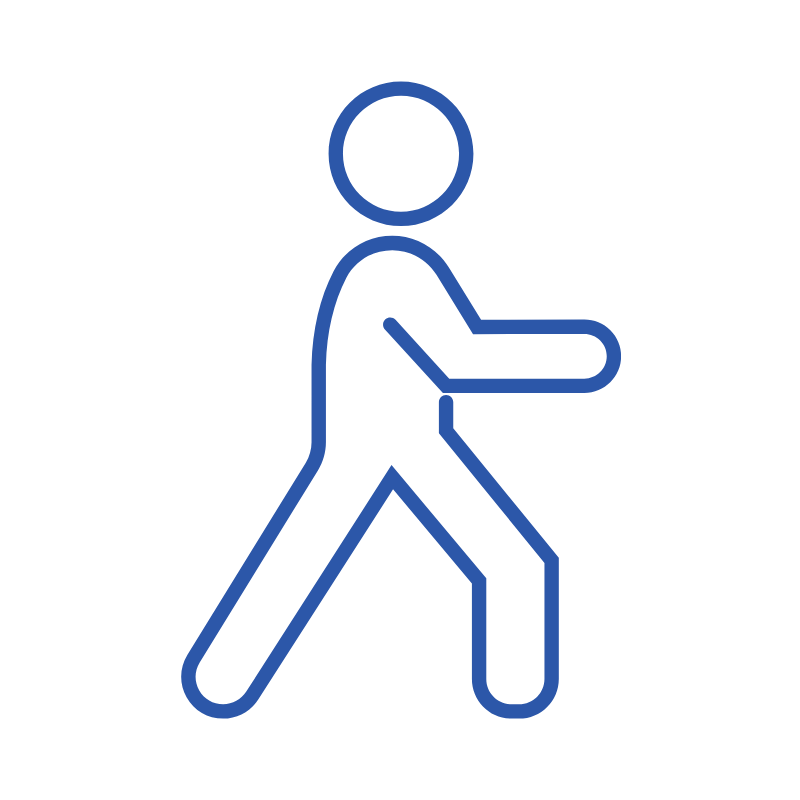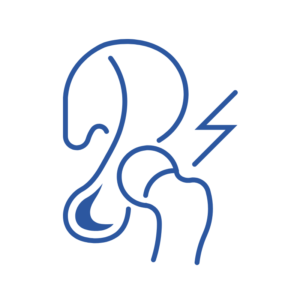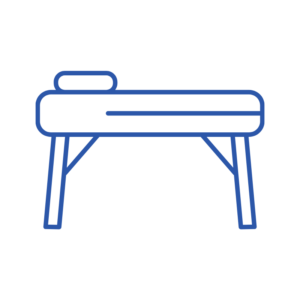A Hip Impingement – also known as Femoroacetabular Impingement (FAI) – can cause pain and reduced mobility in the hip.
At Vitalis Physiotherapy, our treatment of hip impingement aim to:
A Hip Impingement – also known as Femoroacetabular Impingement (FAI) – can cause pain and reduced mobility in the hip.
At Vitalis Physiotherapy, our treatment of hip impingement aim to:



The hip is what’s known as a ‘ball-and-socket’ joint – where the ‘ball’ is the femoral head (top of femur bone) and the socket is the acetabulum (socket in the pelvis). Normally, the ball should move smoothly within the socket and facilitate proper movement. However, trauma or repetitive stress on the joint can cause problems with this smooth motion, and can results in impingement.
Impingement refers to the growth of bone spurs around the femoral head and/or the acetabulum. Hip impingement can be classified as the following:

The exact cause and severity of hip impingement can vary, however there are some common factors which may contribute to diagnosis. These include:
This condition can contribute to the development of hip osteoarthritis.


If you suspect you have a hip impingement, it is important to see a medical professional. You will likely be referred for an X-Ray or MRI to determine the cause and severity of the condition.
Physical therapy is highly beneficial in reducing associated symptoms. At Vitalis Physiotherapy, we tailor a unique treatment plan to aid in your recovery through:
If the pain and reduced movement is severe, strenuous activity should be avoided. Your physiotherapist may also advise heat or ice application, rest and if necessary, pain medication. Additionally, they might recommend for you to use supportive straps or belts
If you have a hip impingement, or you’re looking for a ‘physiotherapist near me’, our physios at Vitalis Physiotherapy can assess your condition to tailor a unique rehabilitation plan to aid in your pain relief and recovery.
All you need to do is just give us a call on 0410 559 856 and request an initial appointment. Please let our friendly reception staff know the background and severity of your condition.
You can visit our FAQs for more information about appointments at Vitalis Physiotherapy.

Are you in pain caused by hip impingement? Contact Vitalis Physiotherapy now to book in your treatment.
Call our friendly team on 0410 559 856. We’d love to help.
3/58 Oldfield Road, Sinnamon Park Qld 4073